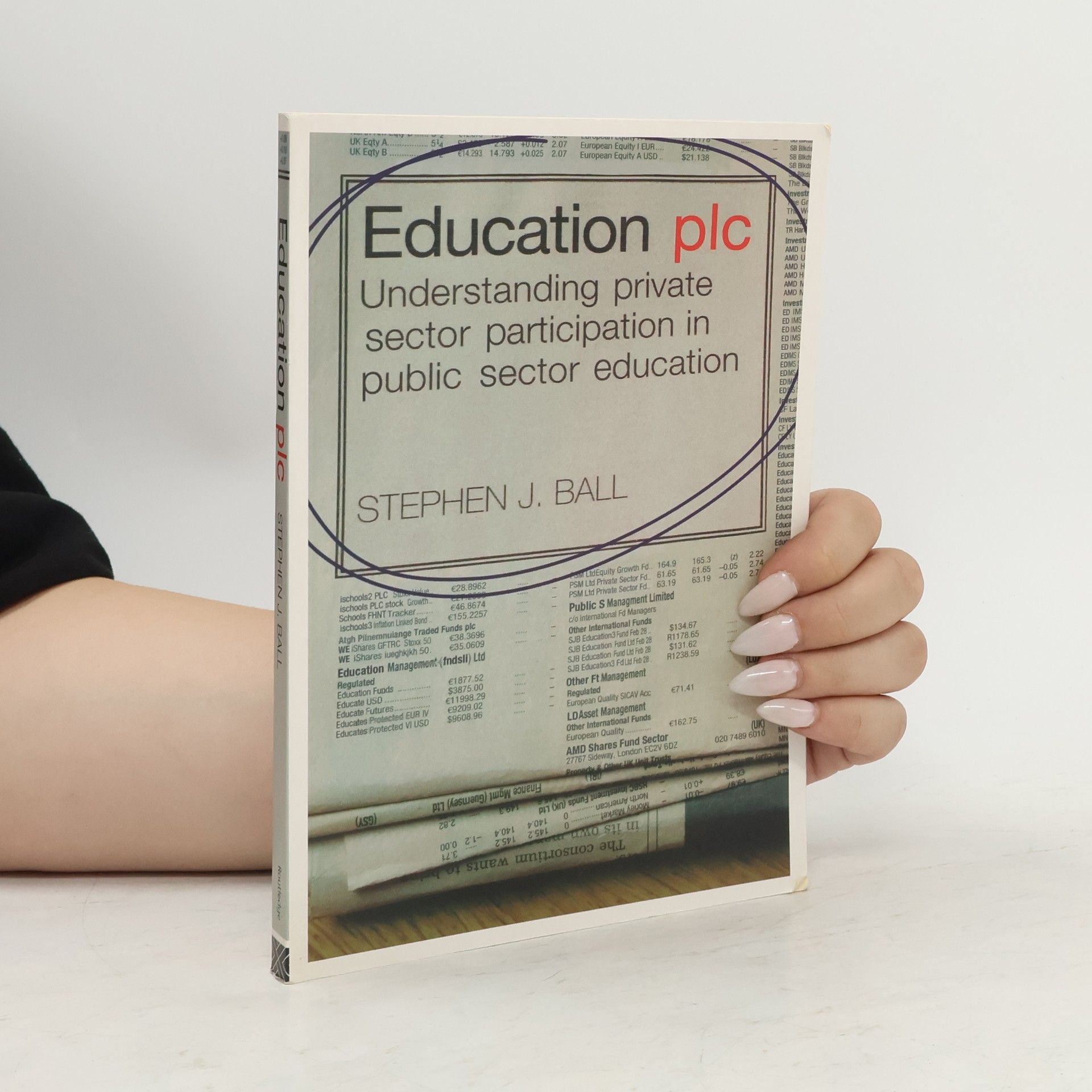The Education Debate
- 224 pages
- 8 hours of reading
This extensively updated fourth edition by the key author in the field will maintain its place as the most important text on education policy and makes essential reading for all students and anyone interested in education policy more generally.

